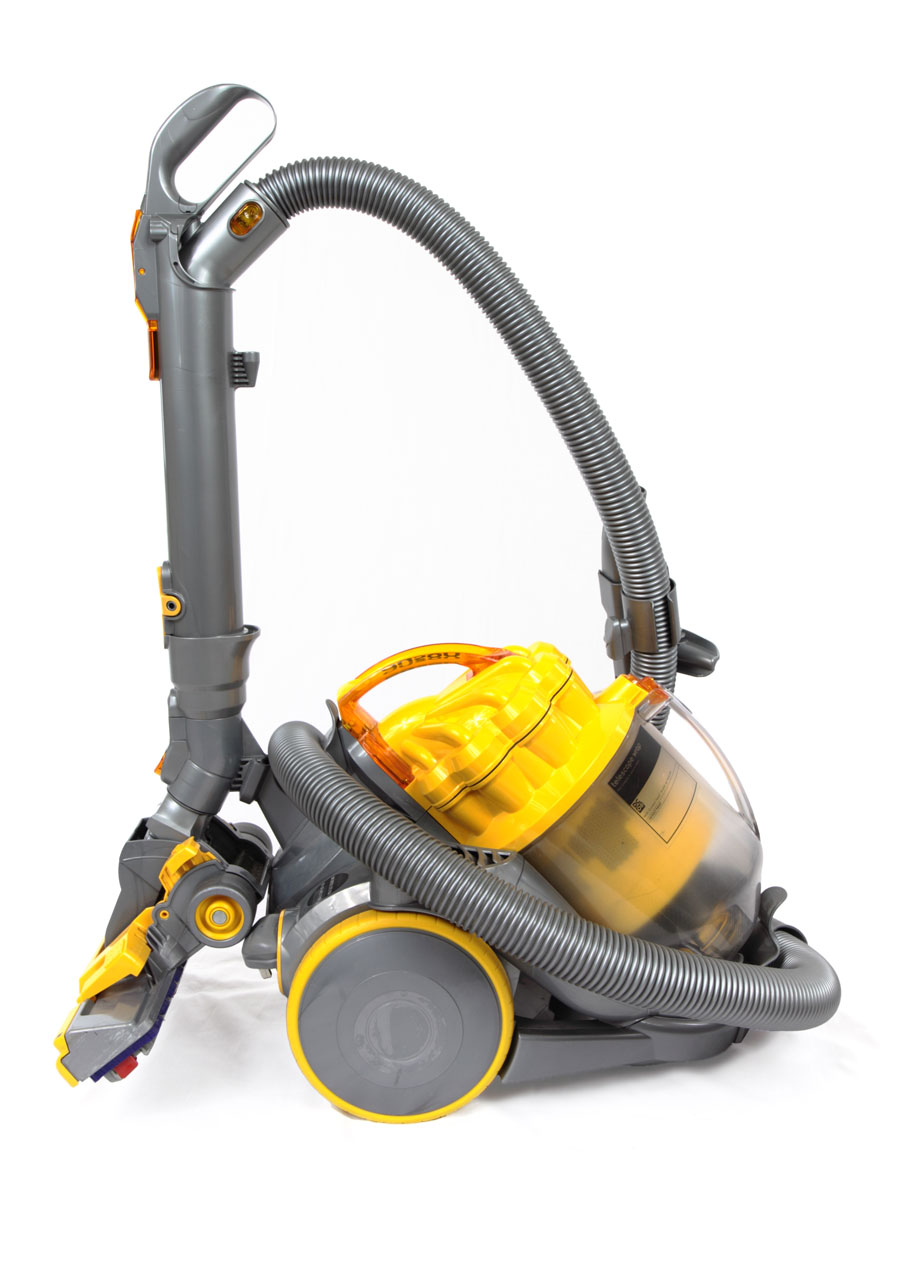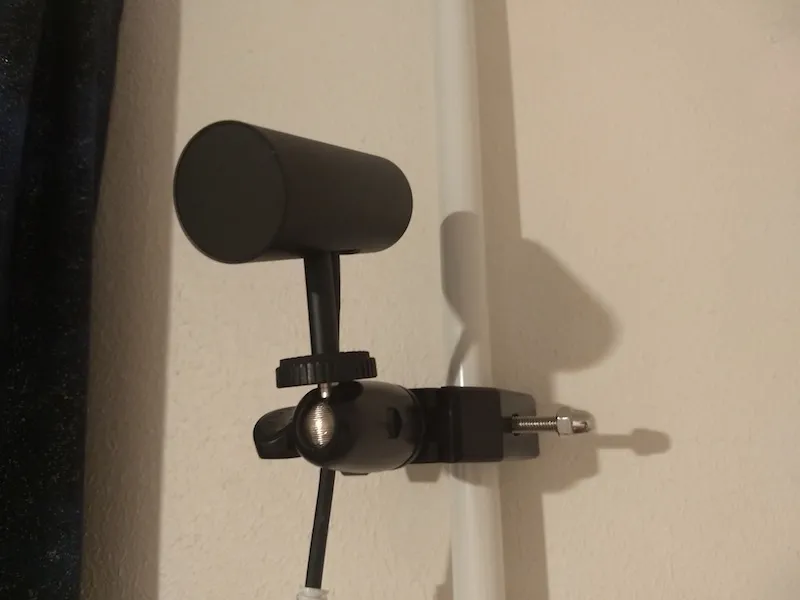Find Out if You Can Use a Zero Water Filter in Your Brita Pitcher with Our Handy Guide
Are you a handy man who enjoys fixing things around the house? Perhaps you’re considering using a Zero Water filter in your Brita pitcher to improve your drinking water quality. It’s important to understand the compatibility and potential consequences of this decision before making any changes.
In this article, we’ll introduce you to both Zero Water filters and Brita pitchers, explain their compatibility, and discuss the possible consequences of using Zero Water filters in Brita pitchers. We’ll also provide alternative solutions for using Zero Water filters and give our conclusion on the matter.
So, if you’re wondering whether or not you can use a Zero Water filter in your Brita pitcher, keep reading to find out more!

An Introduction to Zero Water Filters and Brita Pitchers.
If you’re a handyman who is always looking for ways to improve your living space, you may have heard about the benefits of using Zero Water filters and Brita pitchers. While these two products are similar in their goal of filtering out impurities from tap water, they do have some key differences that are worth exploring.
Firstly, let’s discuss the basics of each product. A Zero Water filter uses a five-stage filtration process to remove all dissolved solids from tap water. This means that it can produce completely pure drinking water with no trace minerals or contaminants whatsoever.
On the other hand, Brita pitchers use activated carbon filters to reduce chlorine taste and odor as well as other impurities like copper, mercury and cadmium. While this type of filter doesn’t remove everything from your tap water like Zero Water does, it can still greatly improve its quality.
Now that we’ve established what each product does individually let’s answer the burning question: Can you use a Zero Water filter in a Brita pitcher? The short answer is yes; however there are some things to consider before doing so.
While both products work towards improving your drinking water quality one thing they don’t share in common is their respective sizes – meaning not every zero-water cartridge will fit into every britta picture size-wise.Typically,the bigger containers need larger cartridges while smaller ones require smaller cartridges if compatible with zero-water cartridges at all.So make sure before purchasing any cartridge,you know which container size suits best according to your needs
In conclusion,a combination between these two technologies could be ideal: Using both systems together for maximum purification would be an excellent way for homeowners concerned about clean drinking watersafety standards.Furthermore,it’s importantto note that while having purified clean tastingwateris wonderful,don’t forgetthatthe most reliable sourceofclean safe-drinkingwater comesfrom municipal sources.So don’t hesitate on
Compatability between Zero Water Filters and Brita Pitchers.
So, you’ve got a Brita pitcher and you’re wondering if it’s possible to use a Zero Water filter in it. Well, the short answer is yes, but there are some important things to consider before making the switch.
Firstly, let’s talk about compatibility. While both brands of filters are designed to remove impurities from tap water, they work in different ways. Brita uses activated carbon and ion exchange resin to remove chlorine taste and odor as well as other contaminants like lead and mercury. On the other hand, Zero Water uses a 5-stage filtration system that includes an ion exchange resin bed along with activated carbon and a reverse osmosis membrane for more thorough purification.
This means that while it is technically possible to fit a Zero Water filter into your Brita pitcher (they have similar shapes), you may not get the same level of filtration performance compared with using one specifically designed for your pitcher.
Additionally, using alternative filters can void any warranties on your products or cause damage over time due to incompatible parts – so proceed with caution!
That being said – if you’re determined enough – there are some hacks around this issue! Some people have reported success by inserting foam padding or rubber bands around their Zero Water filters so they snugly fit into their pitchers without leaking or causing damage.
Ultimately though – whether or not this is worth doing depends on how much value added purification matters compared against potential downsides such as reduced capacity/performance over time from trying something unconventional like putting two competing technologies together!
Possible consequences of using Zero Water filters in Brita pitchers.
As a handyman who is always looking for ways to improve your home, you may be wondering if it’s possible to use zero water filters in Brita pitchers. While it may seem like a simple solution, there are some potential consequences that you should be aware of before making the switch.
Firstly, using zero water filters in Brita pitchers can actually decrease the lifespan of your pitcher. The zero water filter is designed to remove all impurities from your tap water, leaving behind only pure H2O. However, this process can also strip essential minerals from the water that are important for maintaining optimal health and taste.
Additionally, using zero water filters in Brita pitchers may not produce as much filtered drinking water as traditional Brita filters do. This means you will need to replace these types of filters more frequently which ultimately leads towards higher costs over time.
Lastly and most importantly; Zero Water Filters come with an indicator which tells when its life is over but britta pitcher doesn’t have any such gauge or indicator so it becomes difficult for users when they guess whether their filter needs replacement or not eventually leading them toward health issues due to unsafe drinking habits.
Overall while using Zero Water Filters might seem like an easy fix at first glance – It’s clear that sticking with traditional britta products will give better results without any risk involved!
Alternative solutions for using zero-water filters.
Are you a handyman looking for alternative solutions to using Zero Water filters in your Brita pitcher? While it may seem like an impossible feat, there are actually a few options available to you.
One solution is to use a conversion kit that allows you to connect the Zero Water filter directly onto your Brita pitcher. This not only saves space but also ensures that the water filtered is free of impurities and toxins.
Another option is to create your own DIY filtration system by combining activated carbon and reverse osmosis techniques. This can be done by purchasing separate components from hardware stores or even repurposing old water filtration systems.
If all else fails, consider switching over entirely to Zero Water pitchers which boast superior filtration capabilities compared with traditional brands like Brita. While this may require some initial investment, the long-term benefits in terms of health and cost savings make it worth considering.
Whatever route you choose, remember that there are always alternatives available if one method doesn’t work for you. As a handyman skilled at finding creative solutions, don’t be afraid to experiment until you find what works best for your needs!
Conclusions on using Zero Water Filters in Brita Pitchers.
If you’re a handy man, then you know the importance of using the right tools and equipment to get the job done. When it comes to water filtration systems, there’s no shortage of options available on the market today. However, many people are wondering if they can use a Zero Water filter in their Brita pitcher.
The answer is yes! You can absolutely use a Zero Water filter in your Brita pitcher with ease. The only thing you need to keep in mind is that since both filters have different designs and specifications, it may affect how well your Brita pitcher works after installing a Zero Water filter.
One major difference between these two filters lies in their method of filtration: while Brita pitchers rely on activated carbon filters which remove chlorine and other impurities from tap water; ZeroWater uses ion exchange technology which removes nearly all dissolved solids such as minerals from drinking water. This means that if you switch over to using Zerowater filters exclusively for long periods of time without cleaning out your britta jug often enough (at least once every month), then eventually some residue could build up inside leading them not function properly anymore.
In conclusion, while there’s nothing wrong with using either type of filter depending on what your preferences or needs might be – if compatibility is important – make sure that certain factors like frequency maintenance etc., are considered before making any decision about switching over one way or another!
Conclusion
After considering the benefits and risks of using Zero Water Filters in Brita Pitchers, it’s clear that this is not recommended. However, if you still choose to do so, be sure to take all necessary precautions for safety and performance. Alternatively, you can explore compatible water filter options with your pitcher or simply replace the entire system altogether. By taking these steps into consideration before making a purchase decision will help ensure that your drinking water remains safe and clean at all times.














